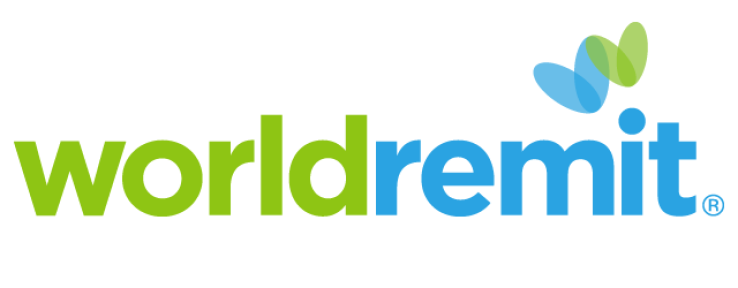Mobile money remittances will drive Ghana’s development

Alix Murphy, Director of Mobile Partnerships at WorldRemit
Mobile money has transformed the lives of millions across Sub-Saharan Africa and has emerged as a leader in global financial technology. While this digital revolution has largely been driven by countries like Kenya, West Africa - the continent’s most populous region - is rapidly catching up.
Recent GSMA data shows that mobile adoption in West Africa has nearly doubledfrom 28% at the turn of the decade to 47% last year. Much of that transformation has been driven by Ghana, where the percentage of adults with mobile money accounts has leapt from 13 percent to 39 percent in just four years. Over the same period, remittances to Ghana have risen to nearly $2.2 billion and now exceeds foreign aid.
This rapid rise in mobile money -and remittances to mobile money accounts - have the potential to generate significant developmental impact and accelerate the nation’s progress on financial inclusion, gender equity, and rural development.
Women at the forefront
Ghana may be rapidly improving the reach of digital financial services, but women are still more likely to be unbanked. The World Bank has set an ambitious goal of Universal Financial Access by 2020, yet with only two years left, nearly 1.7 billion adults worldwide remain unbanked—and almost 1 billion of them are women.
Expanding mobile money services is one of the surest means to accelerate progress on that goal. Research from MIT shows that mobile money can help drive financial inclusion and its effects are even more pronounced in female-headed households. Because women make up the majority of remittance recipients, increased access to funds provides a cushion for economic shocks from a large hospital bill to a bad harvest.
Moreover, digitised remittances via mobile money are more likely to reach intended recipients who might otherwise be exploited through informal channels or face barriers like mobility constraints or distance and safety challenges. Enhanced access to and security of funds can transform the economic role of women within their community by providing them with more control of their finances.
Reaching the last mile
Similar to other developing countries, most Ghanaians in rural areas remain unbanked. According to the UN, inequality between urban and rural areas in Ghana has doubled. Rural poverty is now almost 4 times as high as urban poverty compared to twice as high in the 1990s. In remote areas, mobile money — and remittances to mobile money accounts — can act as a lifeline and be a stepping stone towards financial inclusion.
This is borne out by WorldRemit’s experience. As the global leader in international remittances to mobile money, we have seen our business grow rapidly over the past few years in Ghana. WorldRemit’s Ghanaian diaspora customers are now 46% more likely to send remittances to mobile money accounts than cash pickup. Moreover, over half of customers receiving funds outside major towns are increasingly receiving funds via mobile money. In countries like Tanzania and Uganda, which have an even higher penetration of mobile money, the percentage of our rural customers receiving mobile money swells to over 90%.
Mobile money has now overtaken access to formal banking: only 34% of Ghanaians have bank accounts, yet 39% have a mobile money account. As Ghana aims to close the rural-urban divide, the technology will play an increasingly important role in extending the reach of much-needed remittances.
The gateway to deeper financial inclusion
The increasing popularity of these platforms is a testament to how the technology is allowing underserved people to transact digitally and improve the productivity of their time and money.
Beyond just receiving and storing funds, mobile money is a gateway to other financial services like insurance, credit, and savings. In Kenya, for example, M-Akiba allows mobile money account holders to purchase government bonds while M-Shwari offers savings and loan products. In Senegal, Tigo Kirray provides mobile microinsurance to subscribers.
The expansion of remittances to mobile money accounts not only makes it easier, faster, and cheaper than ever to reach family and friends back home, but it also offers a new opportunity to maximise the impact of these funds.
From Tamale to Tema, the impact on the Ghanaian economy when great numbers of unbanked people are connected financially to the rest of the world through digital financial services like mobile money could catalyse Ghana’s economic growth.
Alix Murphy is Director of Mobile Partnerships at WorldRemit, a leading digital money transfer company.
 Africas leading resource for digital financial services
Africas leading resource for digital financial services


comments